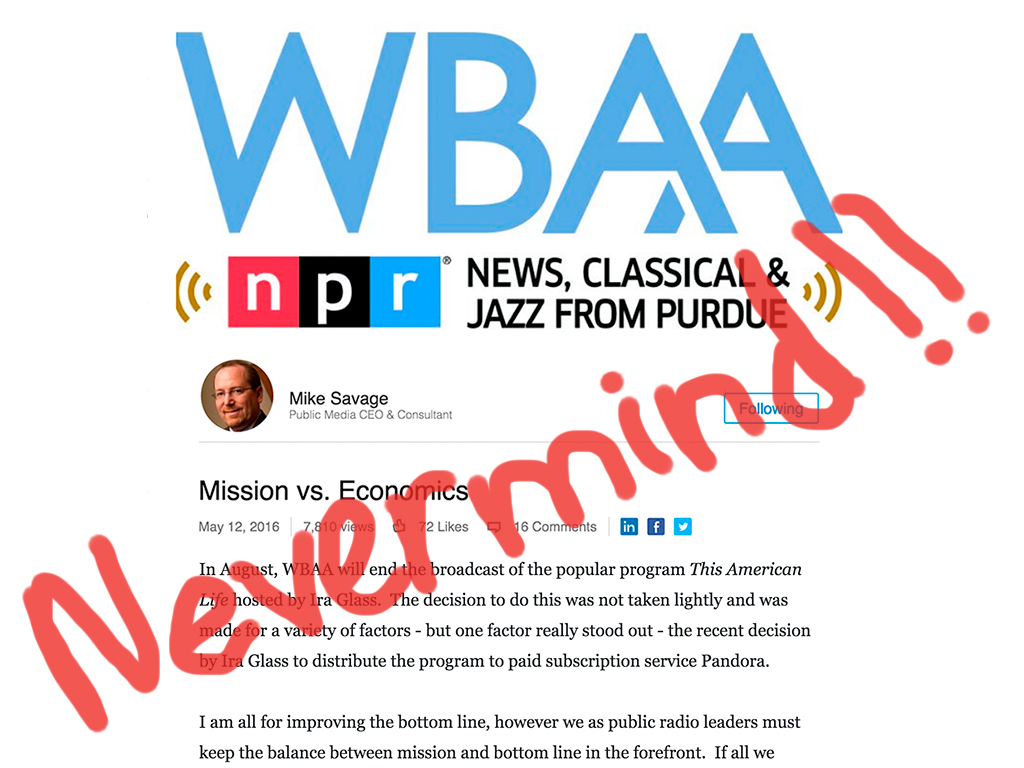APTS honors Sens. Blunt, Leahy as champions of public broadcasting

APTS
Senator Patrick Leahy (D-Vt.) receives the Champion of Public Broadcasting award from APTS President Patrick Butler at the 2017 APTS Public Media Summit.
America’s Public Television Stations recognized several public broadcasting leaders with awards Wednesday and honored two members of Congress for their advocacy on behalf of the system.
Senators Roy Blunt (R-Mo.) and Patrick Leahy (D-Vt.) each received the Champion of Public Broadcasting award, which recognizes political leaders and others who protect the ability of local public TV stations to provide education, public safety and civic leadership services.
“Senator Blunt’s extraordinary leadership has been instrumental in ensuring that the Corporation for Public Broadcasting, our new interconnection system, and the highly effective Ready To Learn preschool education program have been fully funded in the Senate Appropriations Bill each year of his chairmanship,” Patrick Butler, president of APTS, said in a statement.

Clem and Butler (Photos: APTS)
Of Leahy, Butler said the senator’s longtime commitment to public broadcasting has helped to secure federal funding over the past four decades. “We are particularly grateful for his championship of the Rural Digital Program that helped ensure the delivery of our programming and services to all the people of Vermont and to millions of rural Americans nationwide,” Butler said.
Joseph A. Califano Jr. also received a Champion award Monday. As chief domestic policy advisor to President Lyndon B. Johnson from 1965 to 1969, Califano helped draft the Public Broadcasting Act of 1967.
APTS also recognized two executives working within public media. Roy Clem, executive director of Alabama Public Television, received the 2017 National Advocacy Award in recognition of his work to further public TV’s legislative goals and to build local political support for public broadcasting. In a statement, Butler called Clem a “leader and advocate for Alabama Public Television and the entire public broadcasting system.”

Shumate and Butler
And Lisa Trapani Shumate, GM of Houston Public Media, received the Pillar of Public Service award for her leadership in education, public safety and civic leadership. Butler cited HPM’s network of public safety and first responder organizations, which has handled high-profile challenges like the Super Bowl alongside local residents’ daily needs.






